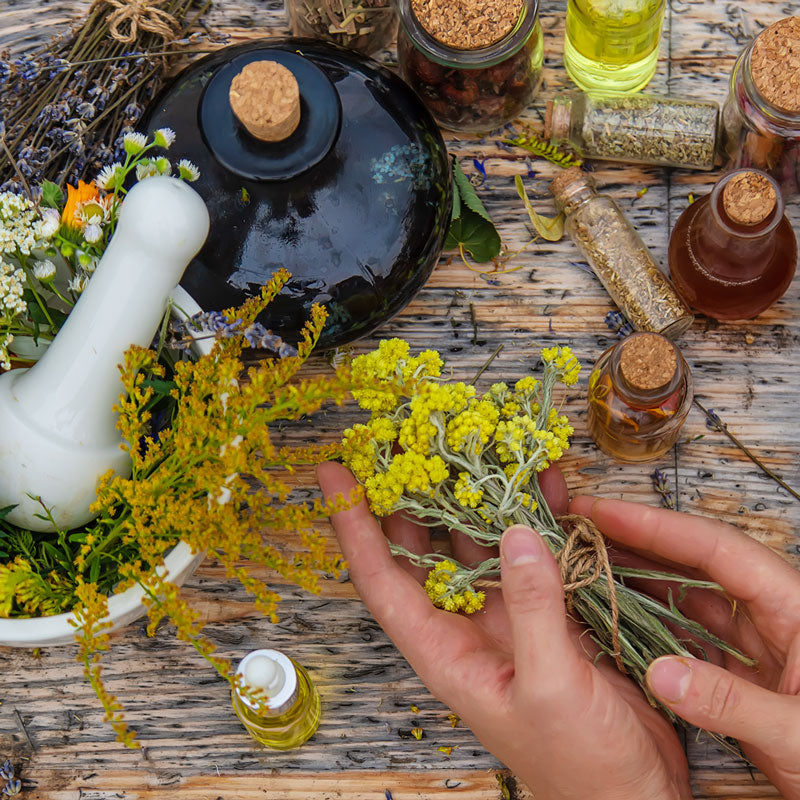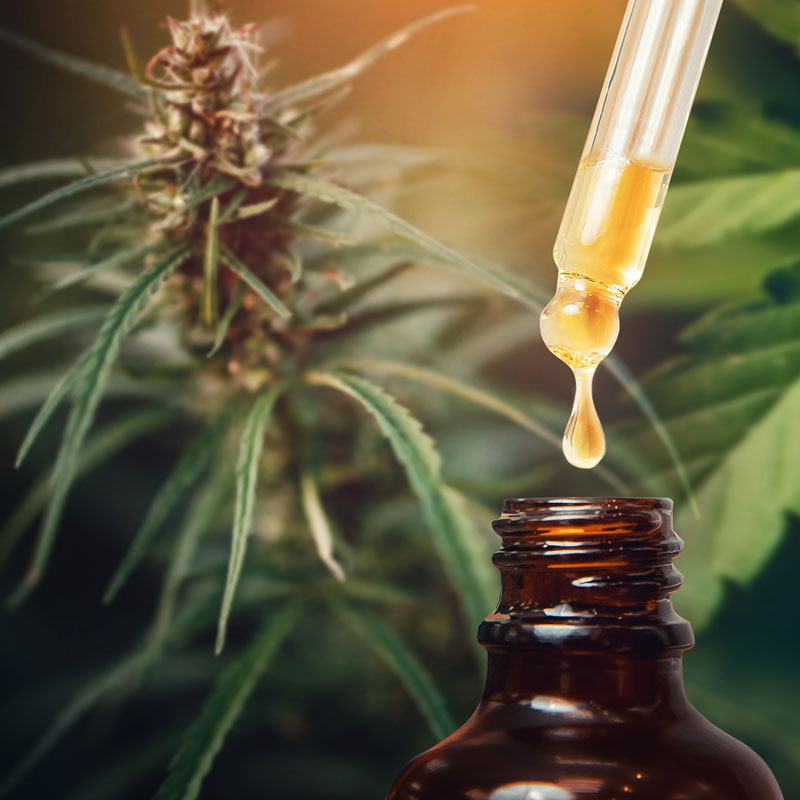How to Use the Alcohol Intermediary Method for Herbal Oil Infusions
Elevate Your Herbal Oil Infusions with the Alcohol Intermediary Method
When it comes to making potent, long-lasting herbal oil infusions, the alcohol intermediary method offers a game-changing approach. By incorporating 200 proof food grade ethanol into your process, you can significantly enhance the extraction, potency, color, and shelf life of your infusions. This method bridges the gap between alcohol-based tinctures and oil infusions, creating a rich, well-rounded final product that’s perfect for topical use.
What is the Alcohol Intermediary Method?
This technique begins with a preliminary maceration of dried herbs in high-proof alcohol—specifically 190-200 proof food grade ethanol. After the herbs have soaked and released their valuable constituents, the alcohol is evaporated, and the herb is then infused into a carrier oil. This two-step process enables you to capture both alcohol- and oil-soluble compounds, resulting in a more complete and therapeutically beneficial oil.
Why Use This Method? Key Benefits:
Enhanced Extraction
Alcohol acts as a powerful solvent capable of drawing out a wider range of plant constituents than oil alone, including alkaloids, glycosides, flavonoids, terpenes, volatile oils, and resins. This means a stronger, more effective herbal infusion.
Improved Shelf Life
High-proof alcohol also functions as a natural preservative, reducing microbial content and helping to prevent spoilage—especially important when using oils prone to rancidity or working with moisture-rich herbs.
Richer Color and Aroma
Alcohol captures vibrant plant pigments like chlorophyll and volatile aromatics that might otherwise be lost. The result? Infused oils that are more colorful, fragrant, and appealing.
Best Practices and Considerations
Choosing the Right Alcohol
Use high-proof, food-grade ethanol like 200 proof food grade ethanol for the cleanest extraction. Lower-proof alcohols contain more water, which may introduce excess moisture into your infusion and reduce shelf life.
Herb Preparation
This method works best with dried herbs, which are less likely to spoil. If using fresh herbs, wilt them for a day or two to reduce moisture content before beginning the alcohol soak.
Not for Culinary Use
Because this process may leave behind trace amounts of alcohol, oils made with this method are best reserved for topical applications such as salves, massage oils, and body balms—not food recipes.
Final Thoughts
The alcohol intermediary method is a smart upgrade to your herbal oil-making routine. It enhances both the efficacy and longevity of your infusions and allows you to work with a wider range of herbal constituents. If you’re ready to level up your botanical crafting, this technique belongs in your toolkit.
Need high-quality ethanol for your herbal extractions? Visit CulinarySolvent.com to learn more and shop now.








